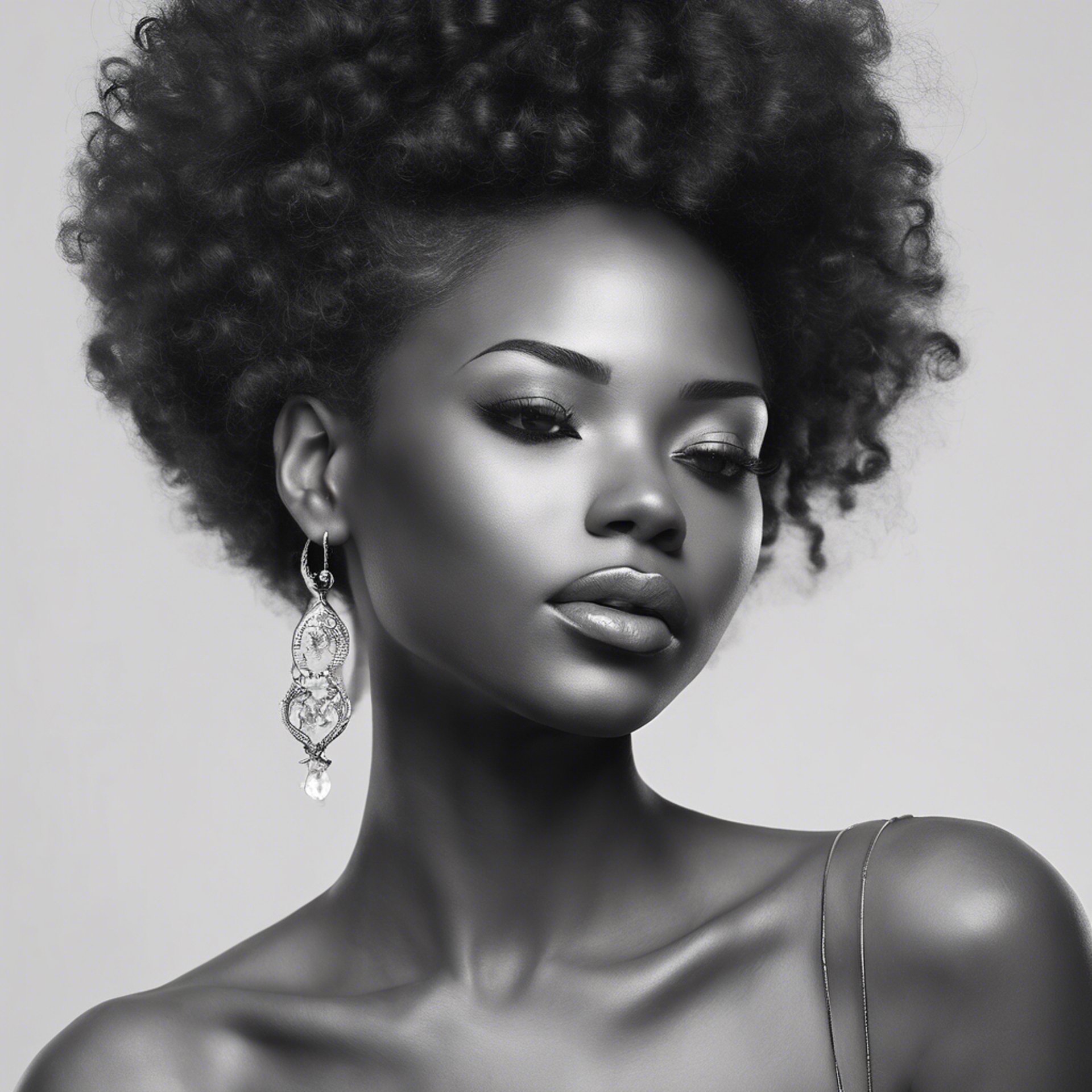Living Beyond Disability Stereotypes

For most people who know me closely, my disability is one of the least discussed topics. When I raise my opinion on something disability-related, the response from friends and acquaintances often includes something like “Oh, I forget you have a disability”. While this statement comes from a good place, it also stems from two stereotypes:
People generally assume that individuals with disabilities have a very hard life.
People often think that disabled individuals are very different from them and that their quality of life is very poor.
I don’t necessarily blame them for thinking this way; these assumptions are rooted in a long-history of stereotyping people with disabilities.
My lived experience usually goes like this: Initially, most new people I meet are curious about my missing hand. Some may not ask direct questions about it right away, but there’s a general sense of curiosity: “I wonder what happened?”.
The reactions I receive from new people vary - prolonged stares, inappropriate questions, pity (“shame, that’s so sad”), and others who act like my disability doesn’t exist. The environment I’m in often influences these reactions.
For a long time, I grappled with how to respond. I hated the stares! I couldn’t relate to the pity party because I felt “normal”. I didn’t understand why I had to explain to a stranger what happened to my hand. On the odd occasion where someone didn’t say a word about my hand, I’d wonder what they were thinking and sometimes feel the need to explain – just to clear the air.
After the initial curiosity fades, it is often followed by meaningful conversations unrelated to my disability. We discover shared interests in different topics, hobbies, music and similar life struggles.
As these friendships deepen, my disability gets “forgotten”. It no longer becomes the focal point. I believe this happens because:
They realise that I don’t have a hard life; in fact, I have a colourful life filled with many achievements and hopes for the future. 1st stereotype broken.
They understand that while our lives may look different, at our core, we are the same. They also see that the quality of my life is similar to theirs. 2nd stereotype broken.
Almost automatically, the disability stereotyping fades into the background as they establish that I’m “normal”. It’s as though, as a person with a disability, you’re subject to more scrutiny until you can prove your “normalcy.”
I've realised that many people often see disability and automatically assume “can’t” or “won’t be able to.” If you’re a person with a disability, the worst thing you can do is agree with this sentiment and believe what others think of you.
You have the power to determine what you can and cannot do. Be comfortable doing it your way!